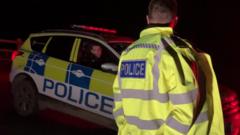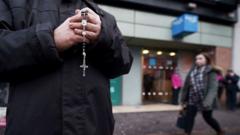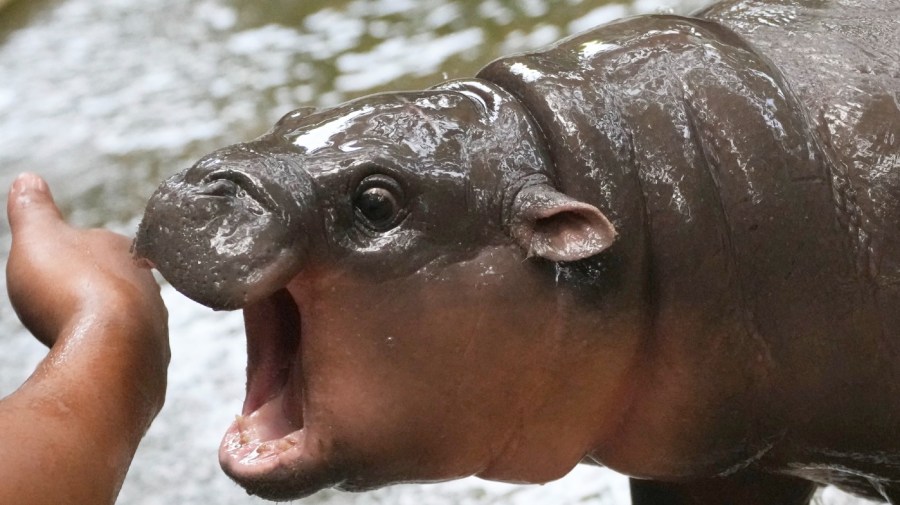The Irish government has been urged to extend the scope of a statutory inquiry into historical child abuse in schools to include corporal punishment, including a practice known as “leathering”.
Survivors of physical assault in Catholic schools have complained they were told there was no scope to include corporal punishment in an investigation into sexual abuse, announced in September.
They have now called on the government to review the decision, saying that beatings by teachers at such schools were “an hourly occurrence” for pupils in the 1960s and 70s, and that the abuse had a lifelong impact.
Generations of children in Ireland grew up with discipline imposed by wooden canes or leather straps used for “six of the best” or “12 of the best”, a reference to the number of times they would be hit. In a documentary, Leathered: Violence in Irish Schools, to be aired on RTÉ on Wednesday night, survivors speak about other serious beatings and the impact such violence had had on them.
Peter Kane told the documentary makers that he went to school every day fearing he would get “clatters around the head, my face”. He recalled that one day he was dealt “six or 12 slaps” with the leather strap from a teacher.
“I didn’t cry. That in itself was a signal for him to carry on beating you and he did so, and bounced my head off the blackboard, bounced my head around the room, knocked me up against the desk, and at one stage I collapsed. Then he dragged me up, proceeded to beat me. I was in a lot of pain and I was basically sore all over,” he told RTÉ.
Dermot Flynn told the documentary he had written to the scoping inquiry when it was launched to urge it to examine physical abuse by religious orders, which is thought to have been widespread 50 and 60 years ago.
“I get the bombshell from them that, you know: ‘You weren’t sexually abused, we don’t really want to know about your case.’ So that made me feel that physical abuse wasn’t that important, even though it had impacted my whole life.”
Others talked of the beatings they would get as part of lessons. “It was not so much a daily occurrence, but an hourly occurrence, class after class. If you got a sum wrong, if you got some difficult Irish poem wrong, then you were punished,” Mick Hannigan told RTÉ.
Abuse was meted out in primary and secondary schools. Victims question why it was never taken seriously by school managers, often members of religious orders. The Department of Education recorded 108 allegations of physical abuse by teachers against pupils in the 20 years after 1962, though this is thought to be a dramatic under-reporting of corporal punishment, which was banned in schools in 1982.









